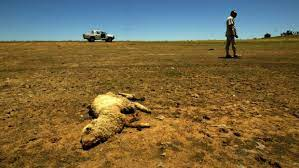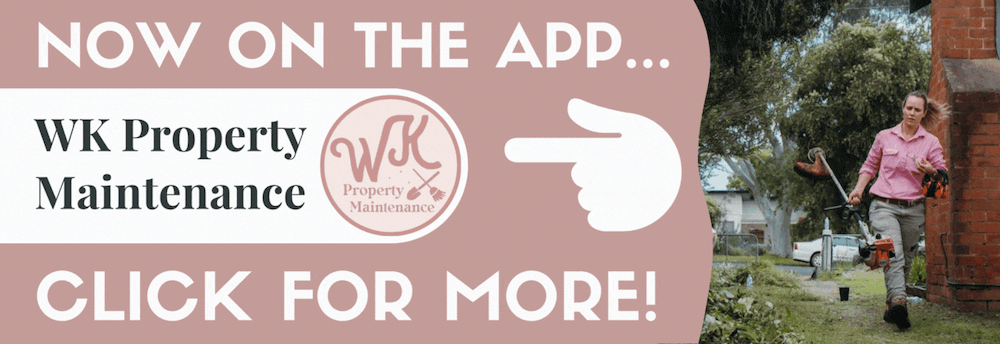Experts reveal surprising key to Natural Disaster Recovery
Luke Williams
06 August 2023, 7:40 AM
 Image: NSW Nationals.
Image: NSW Nationals. Bushfires, we've known a bit about those, floods – certainly we know a thing or two about them, drought well, that could be on the horizon with the possibility of a drier, warmer El Niño cycle coming to Australia.
According to two experts speaking at the National Regional and Economic Development Summit last week says, our capacity to prepare and respond to natural disasters rests in two main elements - collaboration and, perhaps surprisingly, entrepreneurship.
The reasoning goes like this - natural disaster changes towns and, over time - even the economic basis of the town; therefore, new ideas and change need to be fostered to ensure a town's long-term survival.
"It's really about understanding the power of entrepreneurship, understanding each rural town exists for an economic reason," Clayton Neil, Chief Operating Officer at ACRE - Australian Centre for Rural Entrepreneurship, told the Western Plains App.

Clayton Neil. Image: Supplied.
"In the wake of a disaster, many are grappling with what that economic reason for the place existing is going to be in the future."
"We have conversations with communities about entrepreneurship in the wake of disaster - innovation and new ideas need to be fostered to help communities recover from natural disasters. What these communities recognize is that new ideas and being able to make them happen are the future of that community's recovery," Mr. Neil said
Kerry Grace from Evolve Network presented her talk "Spiralling up post-disaster – why some communities bounce back faster" at the National Regional and Economic Development Summit .
"Spiralling Up" is also the title of her book, which will be published next year.
"My work really came about because I lived through bushfires on the mid-North coast, and the community didn't really know what to do. Then when we had COVID when people were fighting over toilet paper, and we really saw communities start to fray at the edges rather than come together," she told the Western Plains App.
"There were so many lessons but one of the primary ones is that we are not ready as communities for ongoing natural disasters, it's as if we start again every time, that lessons aren't fully learned and we weren't coming together as a community to have a community response."
She said communities needed to come together because the reality is that climate change will bring more natural disasters.
"We often expect the government to pick up all the pieces for us, and that's not necessarily what government's role is."
She says communities need to find a way to connect and organise when times get tough formally.
"Step one - learn your neighbor's name," she told the Western Plains App.

Image: Sydney Morning Herald.
"There are communities that are known to thrive post-disaster, and those communities are the ones that come together; This might be things like a pizza night or a curry night or a trivia night or something like that; a way for people to connect and build that social capital. It keeps the community bonded that you can really apply that to any situation. Without it, we are all operating as individuals, and when disaster strikes, it's tough when people are scattered everywhere".
Mr. Neil agreed, "It's about bringing all the same stakeholders into the same conversation so we can have the same strategy around economic recovery."
"So when the government is gone, they are left with the necessary skills and resources to be able to keep innovating to see what this changed community needs."
He said when people try to do things in isolation, there "can be unintended consequences".
"People can't be acting in isolation; everyone needs to be brought together."
Mr. Neil re-emphasized the need for innovation and entrepreneurs with what are changing landscapes.
"You look at any number of agricultural industries, and they are faced with unprecedented challenges at the moment how do people use those assets that are left over from those industries and use them for something productive in the future."




